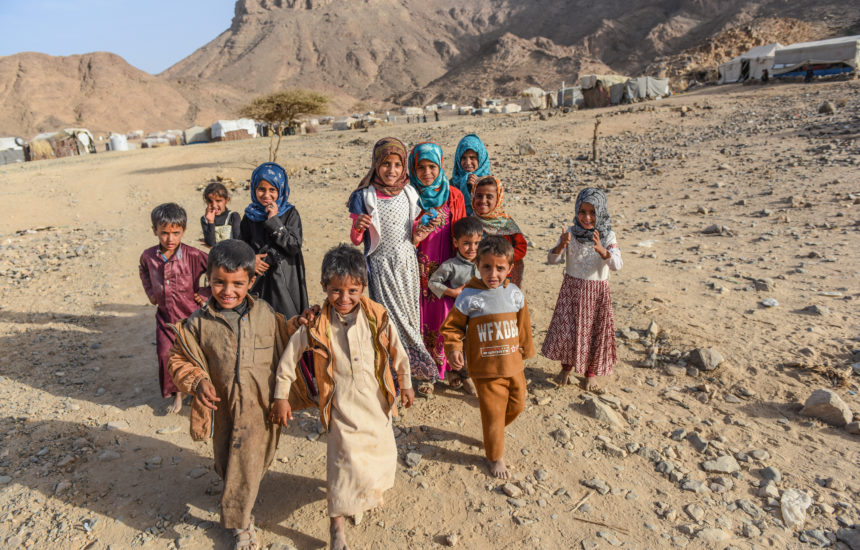World Humanitarian Day 2020: Recognizing Humanitarian Workers in Education


CE International joins the global community in celebrating World Humanitarian Day. Established by the United Nations in 2009, World Humanitarian Day is held annually on August 19 to pay tribute to those who dedicate themselves to humanitarian service, and to rally support for people affected by crises around the world. The date of August 19 was selected to commemorate the anniversary of the bombing of the UN headquarters in Iraq, when 22 people lost their lives, including the UN’s High Commissioner for Human Rights.
Humanitarian aid workers provide life-saving assistance to people in need all over the world, often at great risk to their own lives. On World Humanitarian Day, the world recognizes and honors those humanitarian workers killed and injured in the course of their work, and those who continue, despite the risks, to provide life-saving support and protection to people most in need.
This year, humanitarian workers around the world, including those working in education, are facing unprecedented challenges associated with the COVID-19 pandemic. They must overcome barriers to access as they seek to assist people in humanitarian crises and to respond to the humanitarian need caused by the COVID-19 pandemic.
Many humanitarian aid workers are involved in supporting and providing education in emergencies, such as natural disasters or conflict. These workers, teachers and counselors, offer comfort and support to children while also providing continuity of schooling and learning. Education has been hit particularly hard by the COVID-19 pandemic, with 1.53 billion learners out of school and 184 country-wide school closures. Maintaining access to learning is a critical need, and humanitarian workers around the globe are finding and building alternative learning pathways to ensure children retain knowledge and skills, help those who have fallen behind catch up, and set up contingency capacities to mitigate and manage risk in the future.
#RealLifeHeroes
The Real Life Heroes global campaign celebrates humanitarians who continue to save and protect lives despite conflict, insecurity, lack of access, and risks linked to COVID-19. The campaign presents the inspiring personal stories of humanitarians who are treating and preventing COVID-19, providing food to vulnerable people in need, providing safe spaces for women and girls in lockdown, delivering babies, fighting locusts, and running refugee camps—all amid the COVID-19 pandemic.
Resources:
General Assembly resolution (A/RES/63/139) on Strengthening of the coordination of emergency humanitarian assistance of the United Nations (establishing World Humanitarian Day)
https://undocs.org/A/RES/63/139
Education in Emergencies, INEE
https://archive.ineesite.org/en/education-in-emergencies
Education in Emergencies, UNICEF
https://www.unicef.org/education/emergencies
Teaching Resources, from British Red Cross
https://www.redcross.org.uk/education
Global Humanitarian Overview 2020, United Nations
https://www.unocha.org/sites/unocha/files/GHO-2020_v9.1.pdf
United Nations Office for the Coordination of Humanitarian Affairs
https://www.unocha.org/
Global Humanitarian Response Plan COVID-19 July Update
https://www.unocha.org/sites/unocha/files/GHRP-COVID19_July_update.pdf
ReliefWeb contains a collection of maps indexed by country and the type of disaster or emergency.
https://reliefweb.int/
FTS – ReliefWeb Financial Tracking Services
https://fts.unocha.org/
Explore CE International's consulting services.